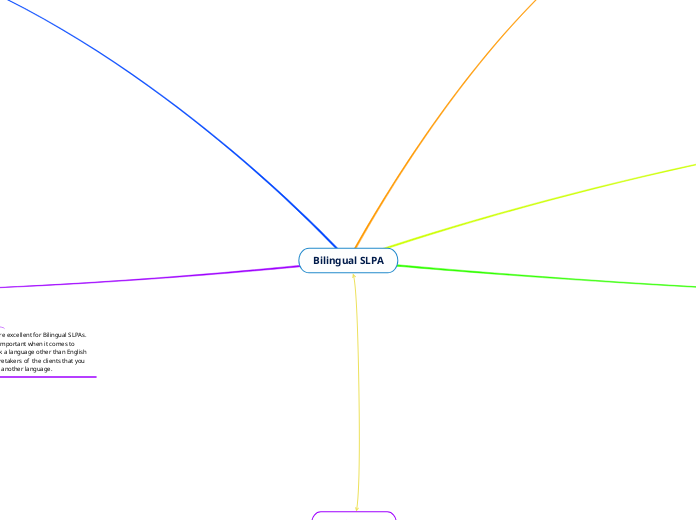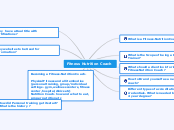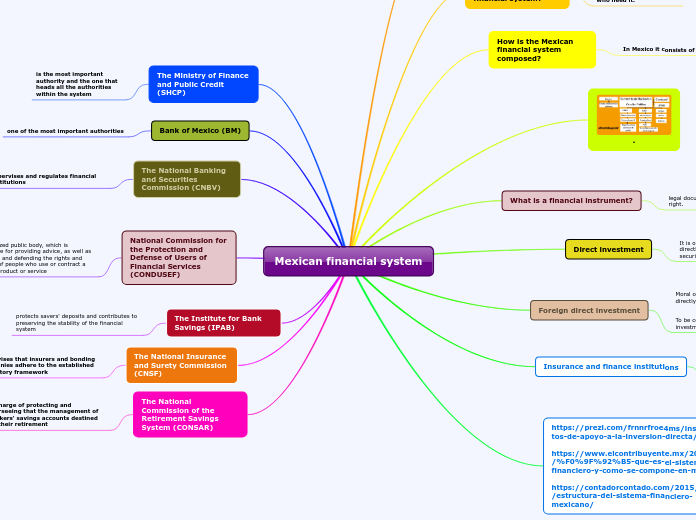par Guadalupe Serna Il y a 1 année
73
Bilingual SLPA
The certification process for Speech-Language Pathology Assistants (SLPAs) includes achieving a passing score on the ASHA Assistants Certification Exam and meeting all state credentialing requirements.









